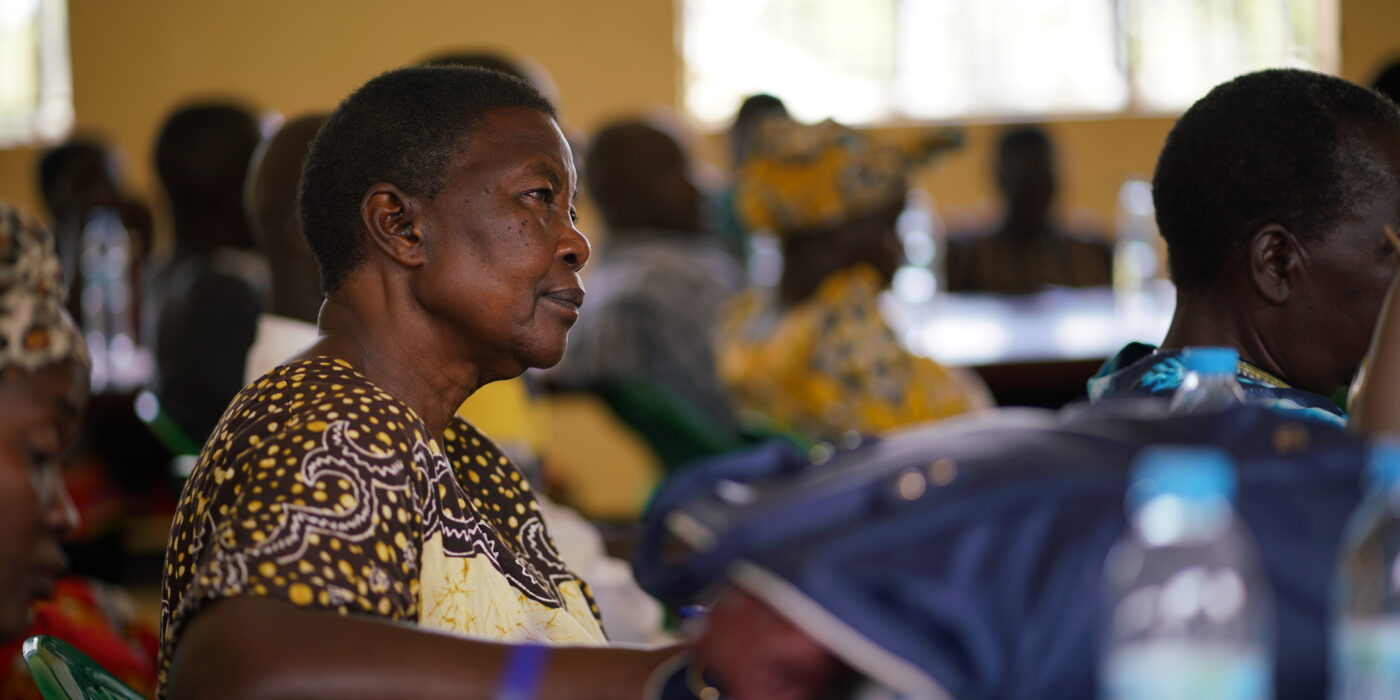Women’s full and equal participation in political and electoral processes can be considered as one of the litmus tests for women’s empowerment and gender equality. When women participate in elections – as voters, candidates, electoral administrators, or party supporters – they can express their own needs and interests. Decisions reflect the electorate better; political processes are more inclusive and democracy is strengthened. However, despite some progress, globally women remain under-represented in all aspects of political life. Our project Promoting Women’s Effective Participation in Peaceful Electoral Processes in Uganda aims to strengthen women’s engagement and influence on electoral processes. National and local elections can support women’s political participation in multiple ways, but specific measures may be required to overcome gender-based discrimination. For instance, women candidates may face a lack of capacities or resources that prevents them from competing effectively. If polling stations are located in remote or unsafe areas, women voters may be reluctant to use them. Sometimes electoral management bodies are unaware of hindrances to women’s participation because they do not have the knowledge, skills or data to analyse and correct these. To ensure women’s and men’s equal participation in governance processes and the decisions that affect their lives is vital for achieving inclusive and effective governance.
Conscious of these dynamics, with support from the Democracy Governance Facility (DGF), The Centre held inception meetings in Kapelebyong, Arua and Kasanda with the aim of sharing project information, methodology for project implementation, terms and conditions of memorandum of understanding with the district by agreeing on roles, responsibilities and timelines for implementation of project activities in the targeted districts and agree on roles and responsibilities in project implementation with key stakeholders.
The meetings brought together 20 participants from each of the districts including district leaders, women council leaders, Community Development Officers, district council members, police, Electoral Commission and Uganda Human rights Commission members.
We seek to contribute to the reduction of conflict and violence in the democratic electoral process in Uganda.



